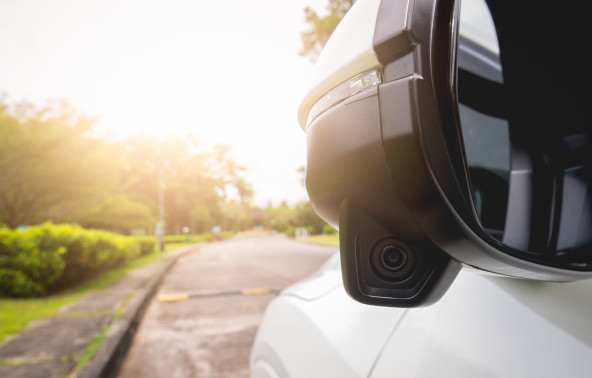Use of dash cams - not an egg of Columbus Not an egg of Columbus

A vehicle owner from Bavaria was caught by the police with a dash cam in his vehicle. Under threat of a penalty payment of EUR 2,000, the state data protection authority prohibited the vehicle owner from operating the camera. Although the Ansbach Administrative Court upheld the owner's appeal against the decision on formal grounds, it declared the use of the camera to be inadmissible (Ansbach Administrative Court, judgment of 12.08.2014, ref.: AN 4 K 13.01364). The administrative court considered the video recording to be a collection and processing of personal data in accordance with the Federal Data Protection Act (BDSG). The administrative court did not consider the legal requirements for such video surveillance to be fulfilled. The owner's interest in obtaining evidence was certainly recognized. However, the court gave greater weight to the fundamental right to informational self-determination of passers-by and other road users. The decisive factor for the court was, in particular, that the video recordings were made secretly, as they were not immediately recognizable to everyone. The administrative court ultimately found that this activity, which was described as "large-scale observation of public roads", constituted a serious infringement of personal rights and therefore also of the fundamental right to informational self-determination of other road users.
But even if an accident has actually occurred, the video recording of the dash cam is of dubious value. This was the experience of a driver from Munich who was involved in an accident when he drove into the road from his driveway. In order to prove his innocence in the accident, he wanted to present the video recording made with the help of a dash cam at the trial. In its order of reference dated 13.08.2014, the Munich Local Court rejected the use of the video recording as evidence (Munich Local Court, order of reference dated 13.08.2014, ref.: 345 C 5551/14). The Munich Local Court also considered the permanent video surveillance without cause to be a violation of the Data Protection Act and the right to one's own image and thus ultimately a violation of the other party's fundamental right to informational self-determination. The court concluded by stating that admission as evidence would ultimately lead to everyone filming everyone and all the time, thus practically giving up the fundamental right to informational self-determination.
These decisions will certainly not be the last in this matter. However, the line of case law seems clear: even if an interest in making video recordings is recognized in principle, the fundamental rights of other road users prevail.
